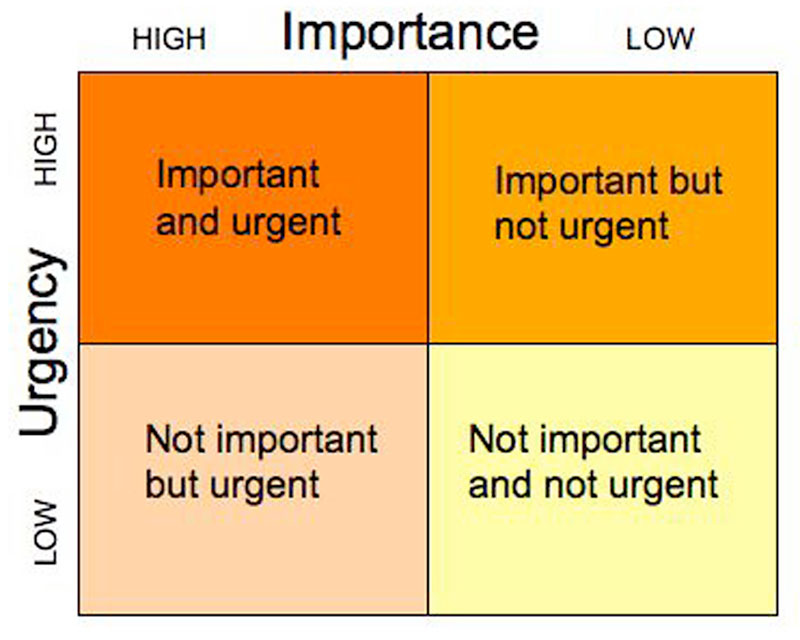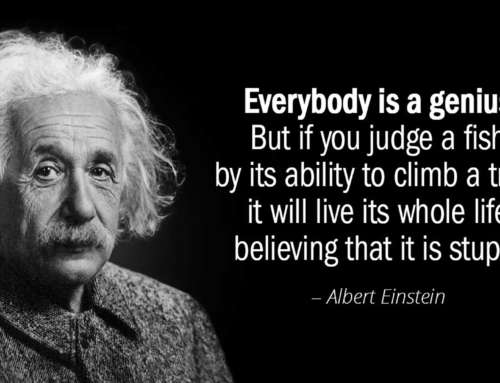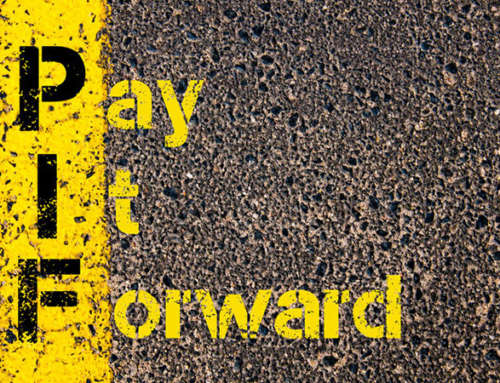
Putting it off, putting it off, putting it off. Why is it we put off so many jobs until a deadline nears and then, miraculously, we get it done? It’s easy to do the easy thing first – so we do. But it’s the tasks that feel tricky, ambiguous or too big that often give us the greatest gain.
Customers want the job done but it may not be our priority. Yet if they were to say “no rush,” that creates issues too. Confusion stems from a contradiction of priorities – what comes first? Scheduled tasks get done but that requires a process we may not have so we default to following the path of least resistance – the easy options. To change we need to acknowledge – priorities are what you need when what you’ve got is not what you want.
Business priorities inevitably compete with personal priorities though. Whilst we may not wish to mix business with pleasure, or pain in the case of accidents or illness – things crop up. Flexibility allows priorities to be scheduled but with space for unforeseen events to be slotted in avoiding a domino effect occurring. If they are not emergencies we are trying to change our schedule for, is there a compelling reason for doing so?
Sometimes our priorities are not the priorities of others. Customers not returning calls, arriving late, cancelling, being unprepared all create delays because they prioritised something other than you. Understanding what is important to others and having open lines of communication can create mutually beneficial outcomes. At times it’s important to have those courageous conversations to express our needs. Biting your tongue may be beneficial in the short term but in the long term will create stress we don’t need. Communicate clearly what’s important to you, and ask what’s important to them. Conflicting priorities are inevitable but ideally we can follow our priorities and respect those of our customers and create strong, transparent, and respectful relationships.
In order to schedule tasks, we need to work out what our priorities are. Dwight Eisenhower, former US President, was an Army General in World War Two who needed to make important decisions to help win a war. He created the Important vs Urgent, or Eisenhower, Matrix. If it’s important and urgent, do it now. If it’s important but non-urgent, plan when it will happen, maybe break it into manageable parts and schedule each separately. If it’s urgent but non-important, give it to someone else to do (if possible). If it’s non-urgent and non-important, do you need to do it?

So who pays if we get our priories wrong? Potentially, everyone. Prioritise our needs over our customers and we may lose them. If someone has stated “you’re not my only customer” it’s clear where their priorities lay. Fluctuating or lack of priorities can impact quality, timeliness, waste, expenses, various efficiencies and the bottom line – profit. Maybe the worse case is delivering products or services you want to provide but which are not what the customer wants. Do you prioritise what you want to sell or what the customer wants to buy?
Once you have your priorities right, you may find you develop a clear sense of who you are, what you do and why you do it. This clarity can help make decisions, determine the order of tasks because you now know what is important, and improve communication to customers. If you know what you’re about, so will your customer. Clarity leads to consistency and consistency leads to happy customers.
In summary, understand what is important and what is urgent, learn how to say no, set deadlines, create schedules with flexibility for unforeseen events, operate with authenticity by knowing who you are, what you do and why you do it.







Leave A Comment